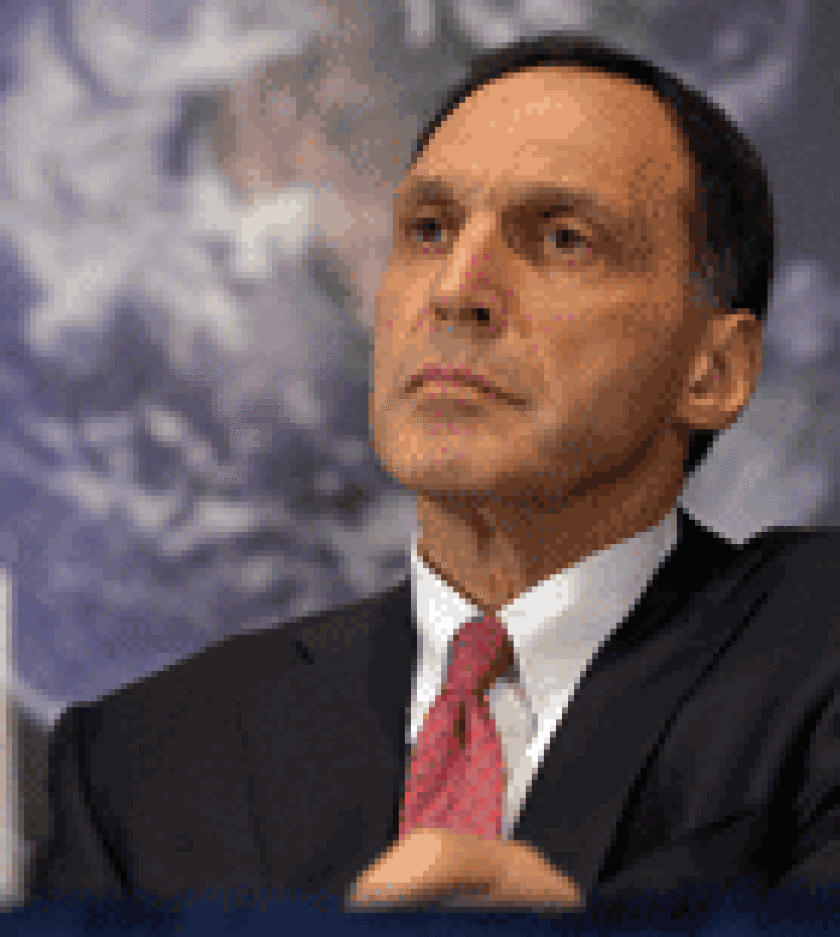Equity markets in Hong Kong and Japan fell by over 5% after holidays on Monday as investors dumped financial stocks, while Japanese government bonds jumped — a sign of rising demand for safe haven assets among Asian investors.
Lehman filed for bankruptcy protection in the US on Monday and Bank of America agreed to buy investment banking giant Merrill Lynch for $50bn in a remarkable series of events that reshaped the investment banking landscape across the world.
The future of Lehman’s Asian operations was not immediately clear, with staff reporting for work as usual but finding little to do. The Hong Kong Stock Exchange has suspended trading in Lehman Brothers Securities Asia, while Lehman’s main Japanese subsidiaries filed for bankruptcy on Tuesday morning, requesting protection from creditors under the Japan Civil Rehabilitation Law.
Japan’s Financial Services Agency has also ordered Lehman Brothers Japan to suspend all “financial instrument business” until 26 September, excluding only transactions related to the performance and closing of existing agreements and the return of assets to its customers.
Banks under pressure
Banking stocks tumbled across the board. Japan’s Aozora Bank was down 7.4% by lunch after it was named as Lehman’s biggest unsecured creditor in a bankruptcy filing. Others, including Mitsubishi UFJ, were down by a similar amount. Safe haven Japanese government bonds soared, with the yield on the 1.5% note due September 2018 coming in by 11bp to 1.42%.
In Hong Kong, shares in China’s ICBC were 7.7% lower, while HSBC was off by 4.0%. The Hang Seng Index dropped 5.9% in the morning session.
Singapore-listed UOB was 4.0% lower and DBS 1.5%, but both had regained some ground after opening sharply down.
Merrill gives hope
Bank of America’s decision to buy Merrill Lynch, however, led some to hope that the worst of the financial crisis has already passed. BofA agreed to pay a 70% premium over Merrill’s Friday stock price, signalling its confidence in the business and a belief that the combined entity would be a stronger institution.
“The next six to 12 months will be extraordinarily difficult for markets and the global economy, but what this past week's events signal is less likely the unravelling of the financial system than the beginning of the end of this unprecedented crisis,” said Mark Zandi, chief economist at Moody's Economy.com.
Bank of America, however, has pulled back from Asian investment banking in the last 12 months, and questions remain as to how the combined business will operate in the region.

